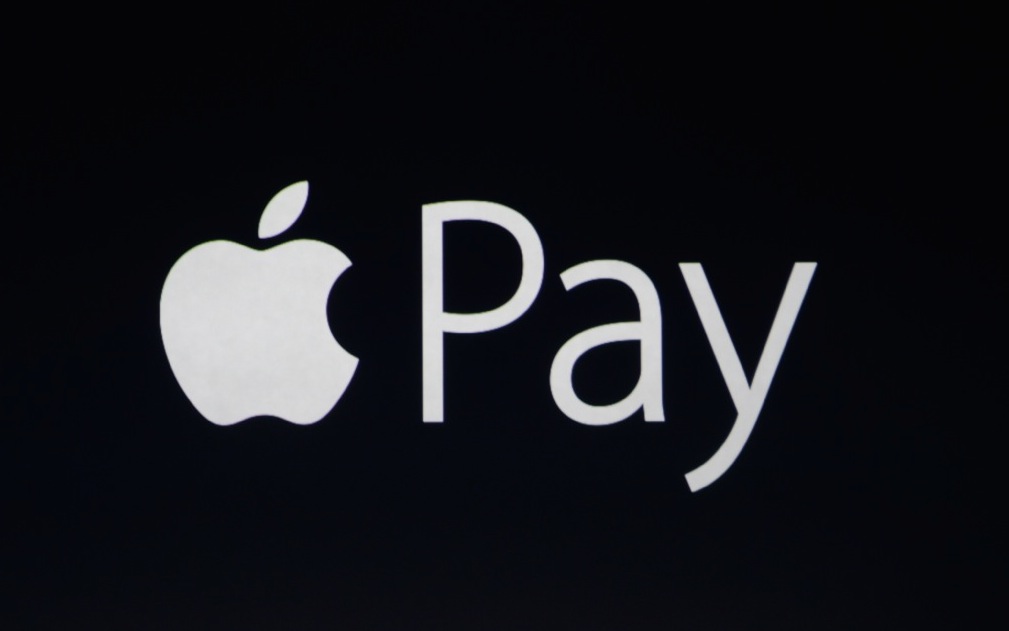The official launch of Apple Pay in China didn’t go as smoothly as hoped as a lot of users faced problems trying to link their credit cards to their accounts. According to local reports collected by Mashable, Apple may have underestimated the demand from China as its servers struggled to keep up with a huge rush of people trying to sign up for the service.
“Local reports state that 38 million bank cards had already been linked to Apple Pay in China by 5pm on Thursday,” said Mashable. “As per the Beijing Morning News, 10 million people were already signed up by 5am that morning: demonstrating the massive amount of interest.“
According to an Apple spokesperson quoted by 9to5Mac, the reported sign-up issues in China were from a planned gradual roll because the ability to add cards was being made available on a rolling basis throughout the day.
Strong launch day sign-ups for Apple Pay suggest that concerns about Apple’s ability to break into the Chinese market may have been overstated. The argument was that China’s domestic payment services cover much more than ride hailing, food delivery and online shopping as customers use local mobile payment services to invest in wealth management funds, pay utility bills, send gifts to friends and give to charity.
Alipay, one of the local payment services with mobile apps for iOS and Android has over 400 million active users, with 80 percent on mobile, for example. On the other hand, Apple Pay is backed by China’s UnionPay, giving it a huge advantage as UnionPay’s merchant acceptance network “far exceeds what any of the other mobile platforms have today,” according to an Apple representative.
Apple Pay is supported by 19 of China’s biggest lenders as partners. Combined, these partners account for 80 percent of China’s credit and debit cards that are eligible for Apple Pay, usable at about one-third of all locations that accept those cards.
With yesterday’s expansion, Apple Pay is currently available in six markets: the United States, the United Kingdom, Australia, Canada, New Zealand and China.
Source: Mashable
